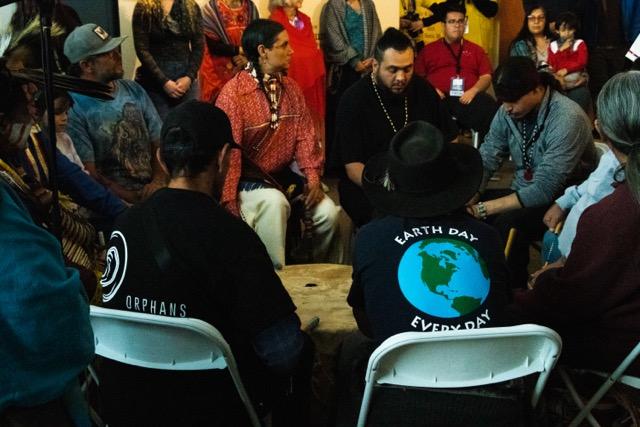
Colorado State University-Pueblo sociology professor Tim McGettigan recently returned to the classroom after taking time to finish a book about ending racism.
McGettigan said he took a sabbatical in order to devote 100 percent of his time to finishing his book, “A Formula for Eradicating Racism – Debunking White Supremacy.”
“It’s possible to make some progress on scholarly activities during semesters when we teach, but it’s difficult because there are all sorts of competing demands,” he said.
During his sabbatical, McGettigan finished writing the book with his co-author, Professor Earl Smith of Wake Forest University, and found a publisher that had a broad reach into society.
“We wanted to place the book with a publisher that had a good network of potential readers,” McGettigan said.
Part of McGettigan’s sabbatical was spent in Bangkok, Thailand, working with members of The Department of Society and Health at Mahidol University. In 2015, he was awarded a Fulbright Specialist grant to support research on global health issues.
“These are longer term Fulbright projects. Most Fulbright projects are either a semester or perhaps an academic year in length,” he said.
When he was added to the roster of Fulbright specialists, he was given the opportunity to participate in projects for as long as five years, as well as an opportunity for a renewal for another five years. McGettigan and Smith met in 1989 and began to have in depth conversations about racism.
“We asked each other very tough questions and finally decided that instead of just talking to each other and using some of that energy to apply to other projects that we would take the key issues that we had been talking about for a long time and see if we can take them forward to some sort of resolution working together,” McGettigan said.
Growing up, McGettigan had experiences with family members who were passionate about their racism.

“A simple glance would transform people who were very near and dear to me; parents, aunts, uncles, cousins, people that I knew that were warm hearted, gentle, loving human beings. They would have an encounter with a person of color and they would become transformed into these monsters that I didn’t even recognize,” he recalled.
McGettigan couldn’t understand how the simple appearance of a person could bring on such hatred from people who were normally very kind and loving.
“Those situations gave rise to a lot of questions that then led to this research project,” he said.
McGettigan is now on a mission to end racism throughout the world. He said he believes that if humans can be taught to hate others based on the color of their skin or nationality, that the process can also be reversed.
“We can dismantle the racisms that make life a living hell for people of color, just as the sadisms we create during wartime make life a living hell for our enemies; we can do it and we’ve got to make it happen.”









